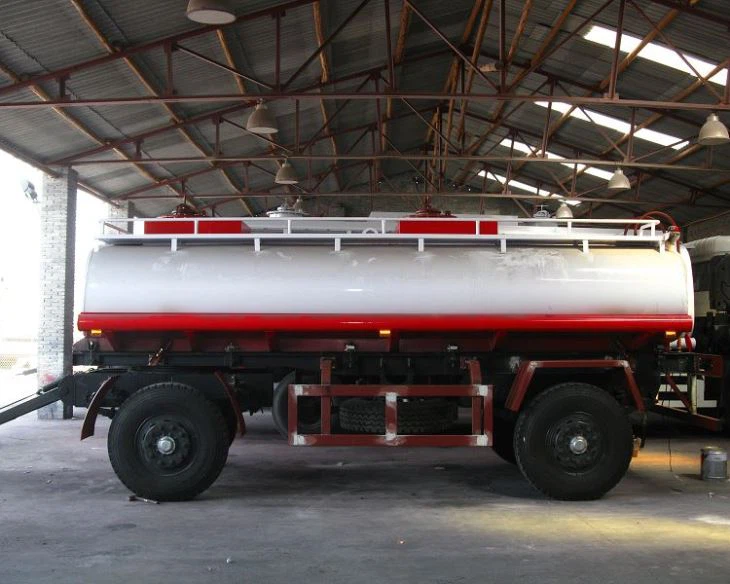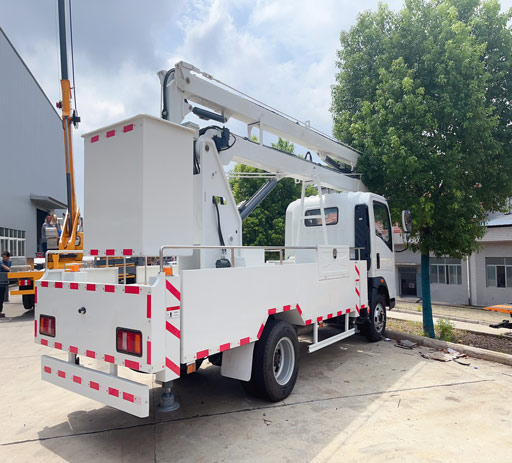Class B RV Ford Transit: Your Ultimate Guide to the Perfect Road Trip Companion

When it comes to traveling in comfort and style, a Class B RV built on a Ford Transit chassis stands out as an excellent choice. These versatile vehicles combine the convenience of a van with the amenities of a motorhome, making them perfect for weekend getaways and long adventures alike. In this comprehensive article, we will delve deep into the world of Class B RV Ford Transits, covering everything from key features and benefits to practical tips for choosing and using one effectively.
What is a Class B RV?
Class B RVs, also known as camper vans, are smaller motorhomes that offer compact living spaces with essential amenities. They are built on a van chassis and are designed for ease of maneuverability and comfort. Class B RVs are ideal for solo travelers, couples, and small families who appreciate the freedom of the open road without sacrificing living space.
Understanding the Ford Transit Chassis
The Ford Transit is a popular choice for Class B conversion because of its robust build and versatility. Here are some key features that make the Ford Transit an excellent platform for an RV:
- Multiple Length and Height Options: The Ford Transit comes in various lengths and heights, allowing manufacturers to create a well-proportioned living space.
- Fuel Efficiency: Compared to larger Class A motorhomes, the Ford Transit offers better fuel efficiency, making it economical for extended trips.
- Advanced Technology: Many modern Transits come equipped with advanced safety features and infotainment systems for a more enjoyable driving experience.
Benefits of Choosing a Class B RV Ford Transit
Compact and Maneuverable
One of the primary advantages of a Class B RV Ford Transit is its compact size. It can easily navigate city streets, park in standard spaces, and even fit in most garage locations. This mobility allows for spontaneous travel plans and access to more remote camping sites.
Comfortable Living Space
Despite their smaller size, Class B RVs typically feature well-designed interiors that maximize every inch of space. Many come equipped with:
- Kitchenettes: Compact kitchens usually include a refrigerator, stove, and sink.
- Comfortable Sleeping Areas: Most models include foldable beds or Murphy beds that optimize space during the day.
- Bathroom Facilities: Some models even come with wet baths or portable toilets for added convenience.
Cost-Effective Travel
Traveling in a Class B RV can be more cost-effective than staying in hotels or eating out daily. With a kitchen on board, you can prepare your own meals, and many campgrounds are less expensive than traditional hotels. Additionally, the fuel efficiency of the Ford Transit chassis allows for savings during longer trips.
Features to Look for in a Class B Ford Transit
Essential Amenities
When shopping for a Class B RV Ford Transit, consider the following features:
- Kitchen Setup: Look for a layout that suits your cooking style, including counter space, storage, and dining options.
- Sleeping Arrangements: Ensure that the beds are comfortable and can accommodate everyone traveling.
- Bathroom Facilities: Decide whether you prefer a built-in bathroom or a portable toilet.
- Heating and Cooling: Consider RVs equipped with air conditioning and heating systems to ensure comfort in all climates.
Technology and Convenience
Modern Class B RVs come equipped with various technological features:
- Infotainment Systems: Look for models with navigation, Bluetooth connectivity, and entertainment options.
- Solar Panels: Consider RVs with solar panel setups for off-grid camping.
- Smart Technology: Some RVs offer smart controls for lighting and temperature, making it easier to manage your space.
Popular Class B Ford Transit Conversions
Manufacturers to Consider

Several companies specialize in converting Ford Transits into Class B RVs. Here are a few of the most popular:

| Manufacturer | Model | Key Features |
|---|---|---|
| Winnebago | Travato | Compact design, flexible seating, and off-grid capabilities. |
| Roadtrek | Simba | Full kitchen, expandable seating, and bathroom amenities. |
| Thor Motor Coach | Scope | Smart technology, ample storage, and stylish interiors. |
| Coachmen | Galleria | Luxurious finishes, solar ready, and versatile layouts. |
Custom Conversions
If you’re looking for something unique, consider a custom conversion. You can work with various companies or DIY enthusiasts to create a Class B Ford Transit that suits your personal style and needs.
Practical Tips for Class B RV Ford Transit Owners
Maximizing Space
To make the most of your Class B RV, consider these space-saving tips:
- Use Multi-Functional Furniture: Invest in furniture that serves multiple purposes, such as convertible sofas or foldable tables.
- Organize Storage Wisely: Utilize vertical space and consider under-bed storage options.
- Keep It Minimal: Pack only essential items to avoid clutter.
Maintenance and Care
Regular maintenance is crucial for the longevity of your Class B RV. Here are some maintenance tips:
- Regular Oil Changes: Follow the manufacturer’s schedule for oil changes to keep your engine healthy.
- Tire Checks: Regularly inspect tire pressure and tread depth to ensure safety.
- Cleaning and Sanitizing: Keep the interior clean and periodically sanitize the water system.
Planning Your Trip with a Class B RV Ford Transit
Choosing Your Destination
Your destination will dictate the type of amenities you need. National parks, campgrounds, and urban areas all offer different experiences and facilities. Research locations that accommodate RVs and consider the length of your trip to plan accordingly.
Understanding Campground Options
Class B RVs can fit into various campsite types, from state parks to luxury RV resorts. Here are some popular options:
- State and National Parks: Great for nature lovers seeking a rustic experience.
- RV Resorts: Offering full hookups and amenities like pools and laundry facilities.
- Boondocking Locations: Ideal for those who want to camp off-grid and enjoy solitude.
Cost of Owning a Class B RV Ford Transit

Initial Purchase Price
The cost of a Class B RV Ford Transit can vary significantly based on the model and features. On average, prices can range from $60,000 to $140,000. Custom conversions can increase this price further, depending on the modifications.
Ongoing Expenses
Don’t forget to factor in ongoing costs such as:
- Insurance: Ensure adequate coverage for your RV.
- Maintenance: Budget for regular upkeep and unexpected repairs.
- Fuel Costs: Factor in fuel efficiency when planning your travels.
Frequently Asked Questions
What is the average mileage for a Class B Ford Transit?
The average mileage for a Class B Ford Transit is typically between 18 to 22 miles per gallon, depending on driving conditions and load.
Can you sleep in a Class B RV Ford Transit?
Yes, Class B RVs often come equipped with comfortable sleeping arrangements, whether it’s foldable beds, Murphy beds, or spacious seating that converts into beds.
Are Class B RVs suitable for full-time living?
While Class B RVs are smaller, many people do use them for full-time living. They provide essential amenities, adaptable space, and good fuel efficiency, but personal space may be limited.
How do I maintain the interior of my Class B RV Ford Transit?
Regularly clean surfaces, air out the vehicle to prevent mold, and check for signs of wear in upholstery and appliances. Sanitize your water system periodically.
What kind of insurance do I need for a Class B RV Ford Transit?
Consider RV insurance that covers the vehicle, liability, and personal belongings. It’s advisable to consult with your insurance agent for specific recommendations based on usage.
